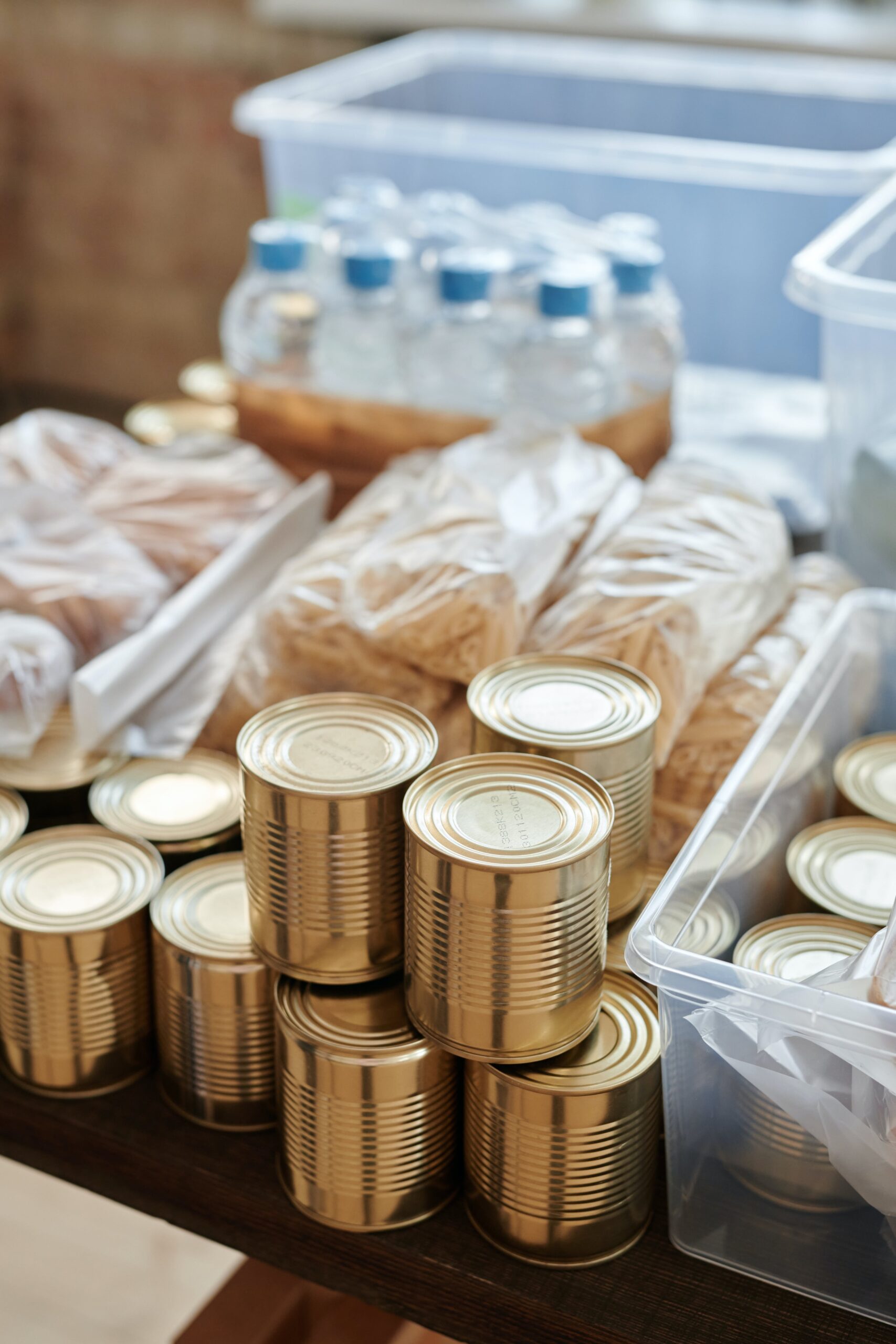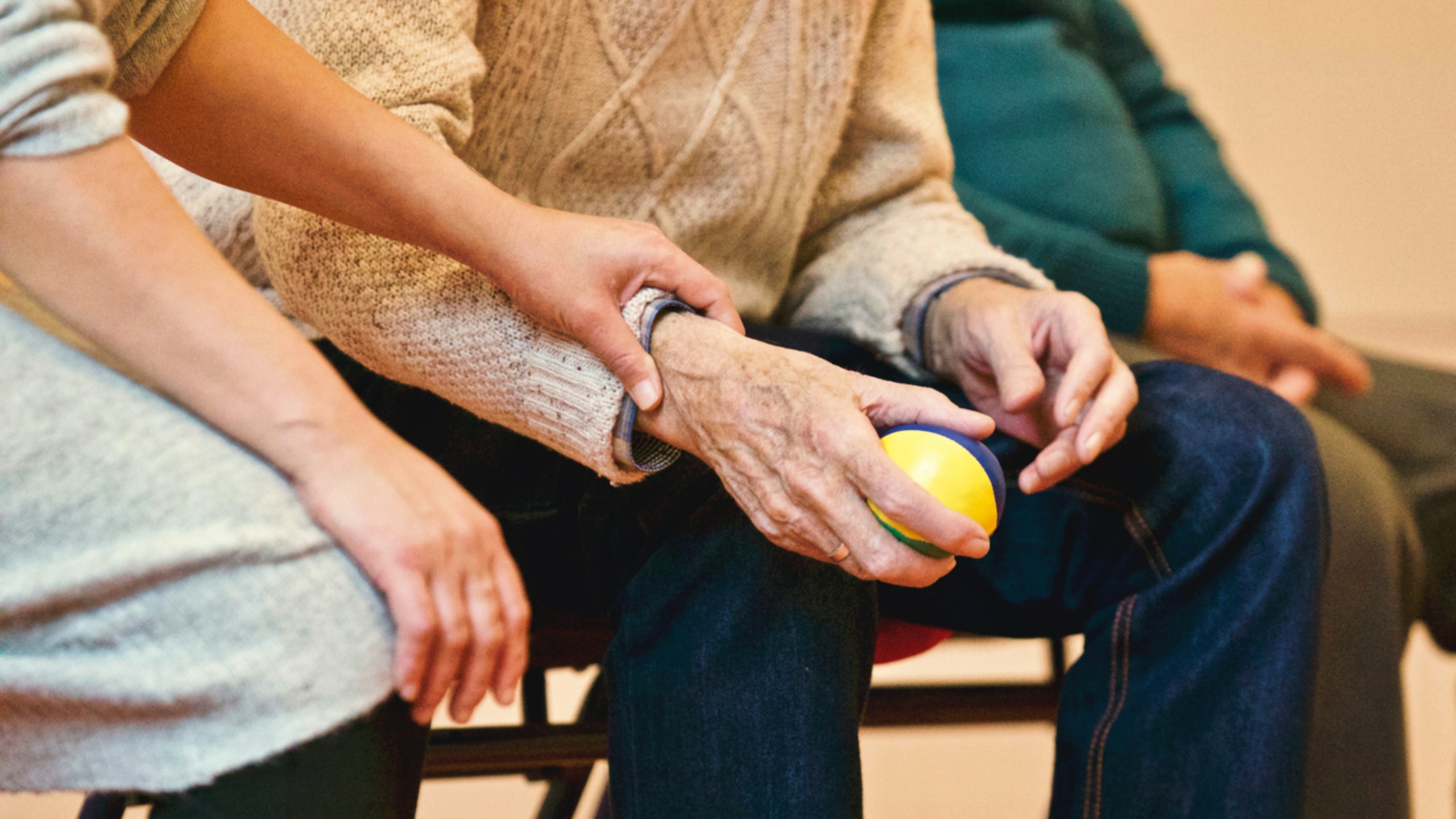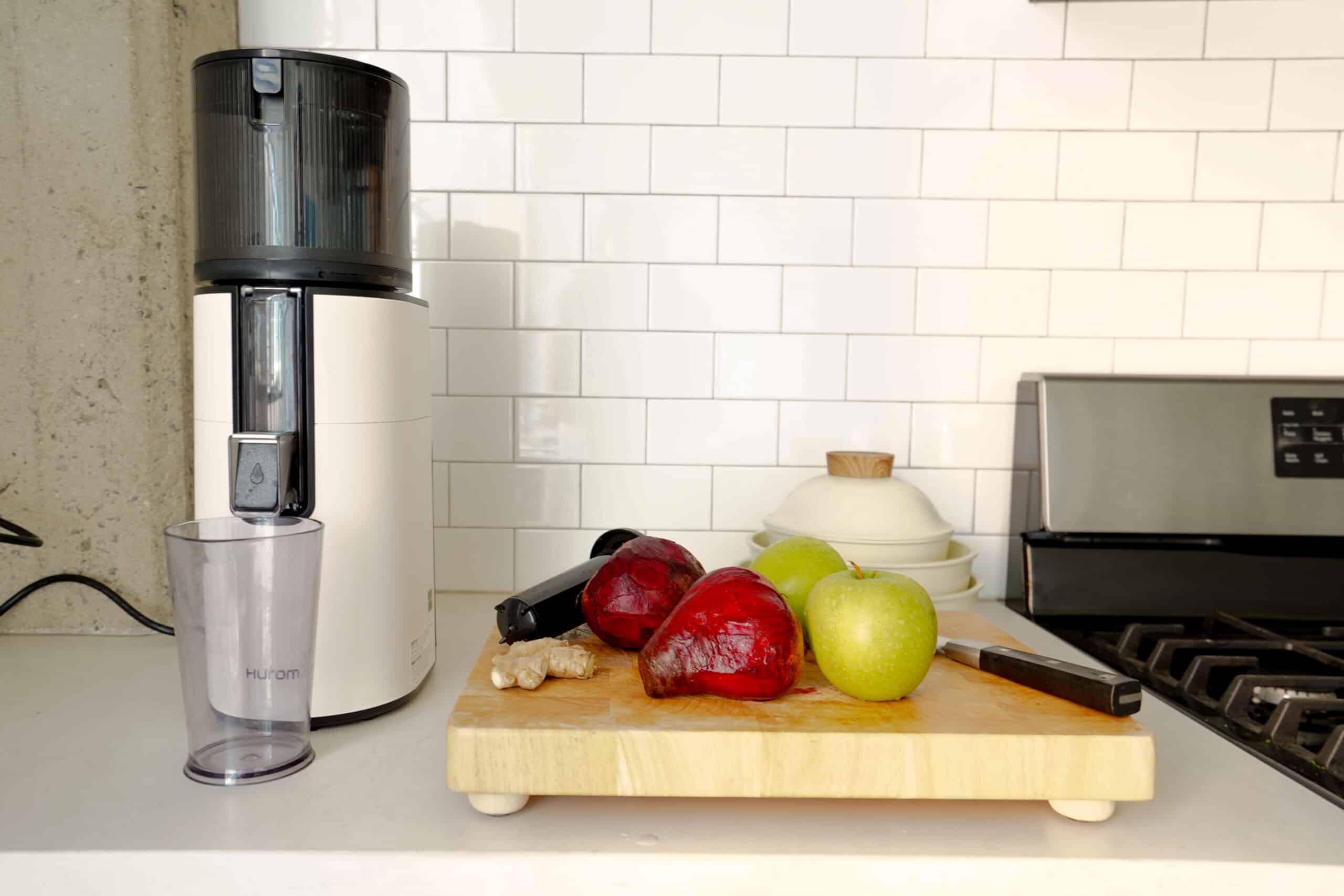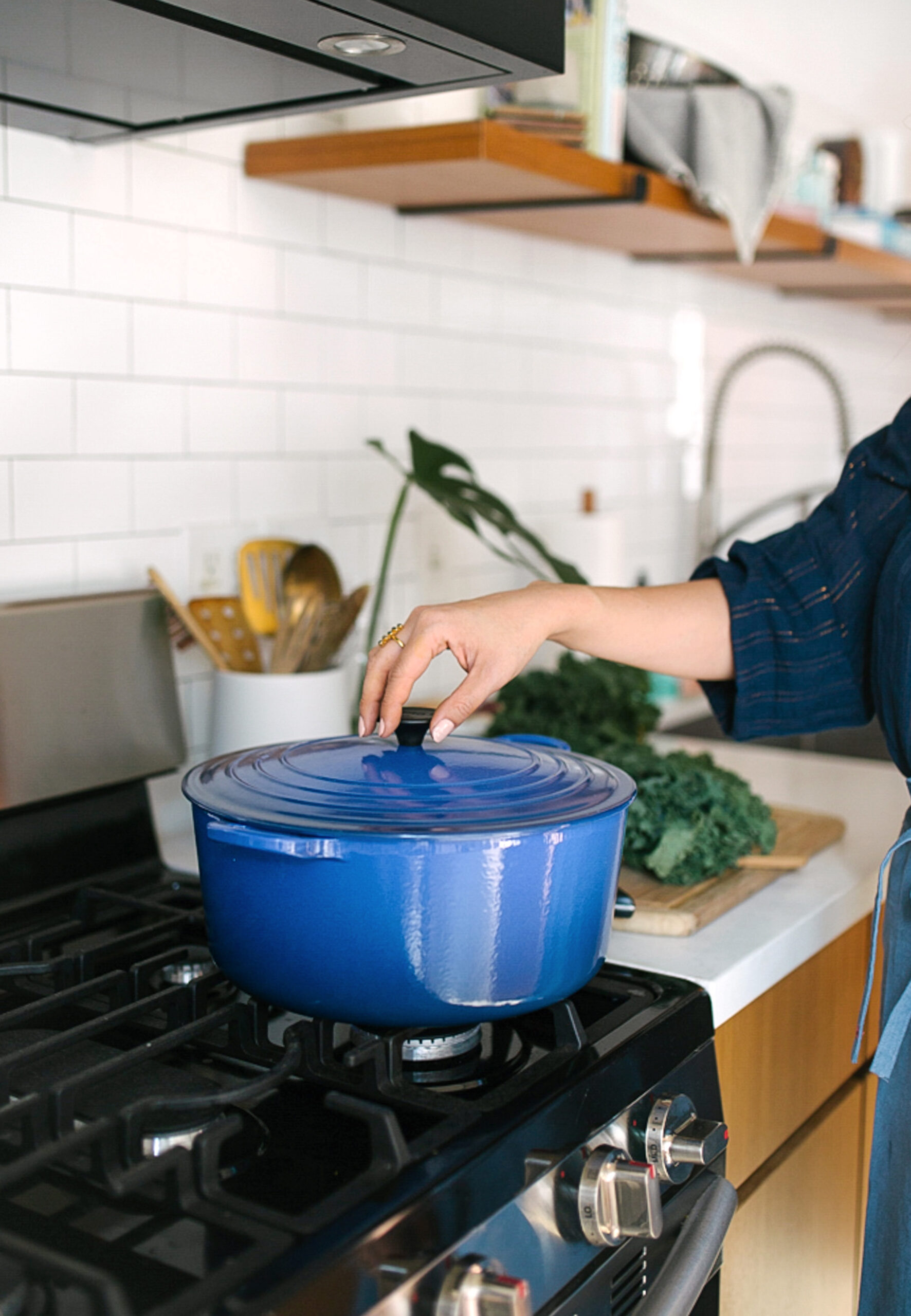As someone who has dealt with a recent kidney cancer diagnosis, I know firsthand there is a spectrum of emotions running through the head of someone who is ill. Some moments, it’s all smiles because I was feeling optimistic about the future. Some moments, I felt like I couldn’t breathe because I was consumed with fear and all of the “what if’s” that were in my future – if I had a future. And of course, there’s every emotion in between. Anyone that is ill or dealing with a hardship will experience their own unique emotions and will process external support in different ways, but I wanted to explain what has helped me over the past few weeks. Feel free to adapt these should you find yourself in an unfortunate situation where a loved one does get ill.
Listen first
With all of the thoughts and emotions I was feeling, I really needed a way to be able to express myself. Truthfully, there were many times I thought of death. These are thoughts that I just didn’t feel I could share very openly. I didn’t want to make anyone, especially my family, feel any more sad or stressed then they were. So I looked to my friends for a different kind of support that I couldn’t quite get from my family. I found it most helpful and therapeutic for me when a friend would offer support and say they are here for me. Then, they let me speak freely and share all of my fears.
There’s not much you can say sometimes and that’s ok. That’s more than ok. You don’t have to offer anyone any kind of solution. In a lot of situations, there is no solution that you would be able to provide. I know that can be hard for a lot of problem solvers out there but just being you and giving your time and your ear is what can be super impactful. Seeing my friends give me their time and energy helped lift me up the most.
Uplift and don’t blame
There is a lot of self blame that goes on when you’re dealing with an illness. I struggled quite a bit with thinking I did something wrong. ‘I lead a healthy lifestyle but maybe it just wasn’t healthy enough…’ is a common thought I had. Maybe I shouldn’t have eaten that fried meal because that could have been it… there’s lots of detrimental thoughts similar to those that went on in my head. It always uplifted me when my friends would say things like, ‘it’s not your fault’ or ‘it can happen to anyone’. When there’s questions or comments with an underlying tone of ‘Do you think you did anything to cause this?’ it can pile on with the thoughts that already exist.
Keep it positive
This should be a given but when emotions are high and it’s a stressful situation, sometimes words can slip out that can worry your loved one who is sick. Having such a scary diagnosis can lead to a lot of panic by everyone. Even if you think the situation is terrible, it’s important to not amplify an already high stress experience. Before knowing the staging of the cancer, doctors thought I could either have Stage 2 or Stage 3. I had people tell me they were worried and thought it was Stage 3. I absolutely know that they care for me and it’s just their love that is affecting the words they chose but that’s definitely not what I wanted to hear, even though that’s of course at the time something that was very plausible. There’s no need to downplay the reality of a situation but just saying that you believe it will be a good outcome is all it takes to maintain high spirits.
Be a follower
I know that sometimes the natural inclination may be to lighten the mood and crack jokes but follow the lead of the person affected. If they were just diagnosed and wounds are fresh or your loved one is feeling extremely vulnerable and emotional, depending on the person, it may not be the best time to tell a joke. Allow the person to feel all their feelings. It can be an uncomfortable place to be but it’s important to feel in order to heal.
If your loved one is in lighter spirits, that may be a good time to follow suit and share funny stories or memories!
Offer a hand to help
I feel so fortunate that I am very close to my family. I geographically live close and they are truly my rock, emotionally. However, if I wasn’t, I would have needed SO much tangible support from my friends. I’m so thankful so many people reached out to me to drop off groceries, pick up food, take care of Tiger Lily, etc. If you’re able to, offer any kind of help with errands and daily life activities. Even if it’s helping your loved one by driving somewhere for them. Everything helps!
Keep in touch
It’s tricky to balance exactly how much you should keep in touch. I understand that sometimes people are concerned for the other person’s space; and that is important. Too much space though can lead to feeling neglected or that you don’t care. Even if you aren’t sure if your loved one wants to talk, check in with a quick text message or DM! It does not go unnoticed. Even leading with ‘You don’t have to message back…’ just so that your loved one knows he/she’s on your mind and there is no pressure to communicate! Knowing that you are there when your loved one is ready to talk means everything.
Talk about everything!
I felt like many times people would tip toe around me or would only want to talk about my situation. It’s super thoughtful and really appreciated that attention was given to me but it’s also a very isolating experience. Being ill already sets me apart from other people and not having others understand what my experience was like. But what makes it more isolating is feeling that friends aren’t confiding in you with your every day life. I missed talking about the “every day” daily life topics with my friends. Keep your loved one involved so there is a semblance of normalcy and that he/she is still an integral part of your life too.
I hope these tips helped you. Again, this is what I know I valued during my difficult times, everyone is different! I hope some of these can help you as you navigate an unexpected or difficult time.


























Insightful post. Thank you for sharing